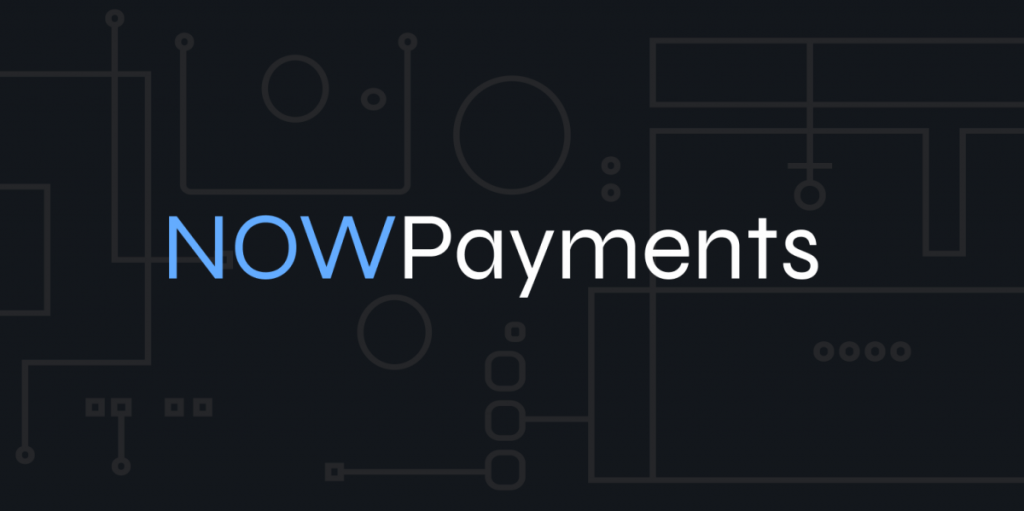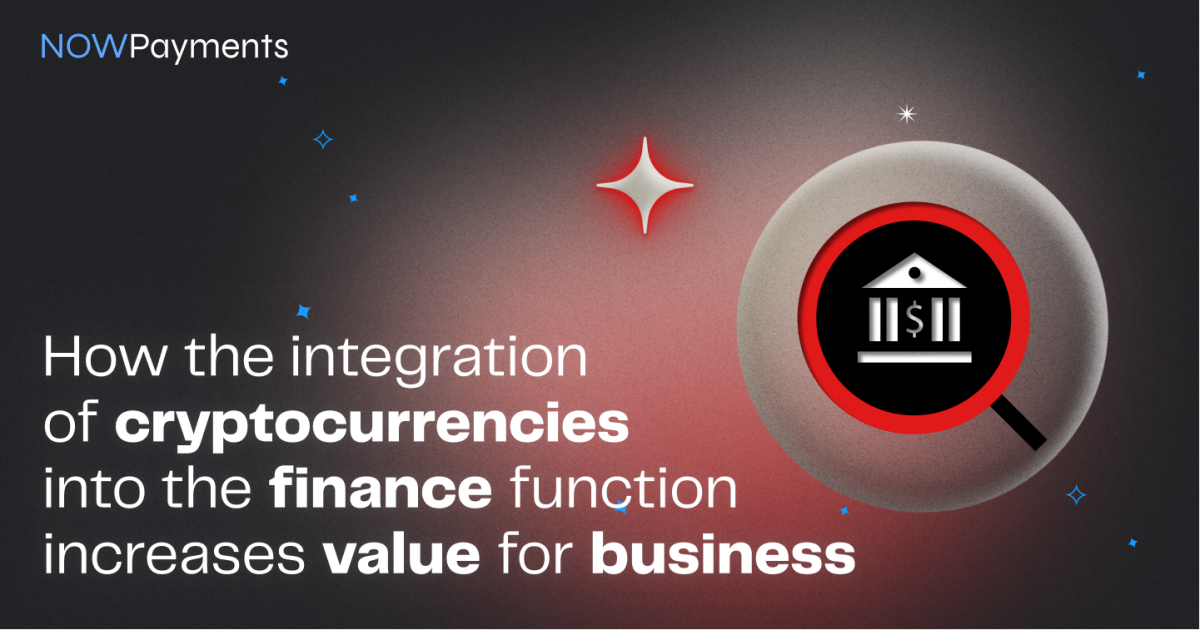In today’s rapidly evolving digital landscape, businesses are constantly seeking ways to stay ahead of the curve and gain a competitive edge. One such strategy is the integration of cryptocurrencies into the finance function. By accepting crypto payments, businesses can unlock a myriad of benefits such as reduced transaction costs, increased security, and access to new markets. This article will explore the advantages and challenges of integrating cryptocurrencies into a business’s financial operations and provide insights on how to successfully navigate this transformative change.
Table of contents
- Accept Crypto Payments: A Hands-Off Approach
- Enhanced Verification and Compliance Through Technology
- Structured Regulatory Compliance
- Innovations in Custodian Services
- Benefits of Accepting Crypto Payments
- Challenges in Integrating Cryptocurrencies
- Strategies for Integrating Cryptocurrencies
- Future Outlook
1. Accept Crypto Payments: A Hands-Off Approach
1.1 Crypto Payments without Bringing It onto the Balance Sheet
Many companies have started to accept crypto payments as a way to facilitate transactions without actually handling the cryptocurrency. This hands-off approach enables businesses to receive or make payments through the conversion of cryptocurrencies to fiat currency, keeping crypto off the balance sheet. This simple method of integrating digital currency into existing financial operations may serve immediate goals, such as expanding the customer base and increasing the volume of each sales transaction.
1.2 Third-Party Vendors for Crypto Payment Processing

Businesses that adopt the hands-off approach to accept crypto payments typically rely on third-party vendors. These vendors act as agents for the company, managing the conversion between cryptocurrency and fiat currency. They handle the bulk of the technical questions and manage risk, compliance, and control issues on behalf of the business. However, companies must still pay careful attention to anti-money laundering (AML) and know your customer (KYC) requirements, as well as any restrictions set by the Office of Foreign Assets Control (OFAC).
2. Enhanced Verification and Compliance Through Technology
2.1 Embedded Supervision and Real-Time Monitoring
The use of digital ledgers and blockchain technology enables businesses to implement embedded supervision, continually monitoring transactions for potential issues. This real-time tracking allows businesses to address problems as they occur, rather than retroactively fitting new crypto offerings into established regulatory-compliance practices.
2.2 Complementary Compliance Tools

Know your transaction (KYT) does not replace KYC; rather, they complement one another. Exchanges and banks can use these tools in tandem to establish a scoring system, ranking potential customers based on factors such as transaction partners’ reputation and the geographic location of transactions. This approach enables banks to meet AML and financial-crime compliance obligations while increasing customer trust. Additionally, banks often need to conduct further analysis of the sources of transaction records via a process called know your data (KYD).
3. Structured Regulatory Compliance
3.1 Diverse Global Regulatory Landscape
Cryptocurrencies and blockchain technologies face a wide variety of regulations from government organizations worldwide, each with its own laws and guidelines. Some countries have restrictive policies, while others remain hands-off or have yet to take any action. The differing stances between European and US regulators further complicate the regulatory landscape.
3.2 Developing Internal Compliance Guidelines
With the absence of a clear universal regulatory structure, banks and businesses must develop their own consistent guidelines. This involves creating a regulation heat map, conducting a gap analysis, and performing a risk management diagnostic for their activities. Additionally, developing a risk management software solution can help institutions prepare for their cryptocurrency endeavors while managing risks and taking current and future regulations into account.
4. Innovations in Custodian Services
4.1 The Need for Secure Storage and Protection
Cryptocurrencies are often targets of fraud or cyber intrusion, necessitating the need for custodian services to store, maintain, and protect cryptocurrency assets. Banks are well-positioned to offer these services, taking advantage of the high levels of cyber protection already in place for safeguarding financial holdings and records.
4.2 Balancing Security and Accessibility

There is an ongoing debate regarding the most secure and accessible storage solution for cryptocurrencies. Cold storage (offline storage) is more secure but requires physical connection for each transaction, while hot storage (online storage) is more accessible but vulnerable to attack. Banks must strike the right balance between security and accessibility when offering custodian services.
5. Benefits of Accepting Crypto Payments
5.1 Access to New Markets and Customers
Businesses that accept crypto payments can tap into new markets and attract customers who prefer using digital currencies for transactions. This can lead to increased sales volumes and foster customer loyalty.
5.2 Reduced Transaction Fees
Traditional payment processing methods often involve high fees, which can erode profit margins. By accepting crypto payments, businesses can reduce transaction fees and improve profitability.
5.3 Faster Transactions

Cryptocurrency transactions are usually processed faster than traditional fiat currency transactions, allowing businesses to receive payments more quickly and improve cash flow.
5.4 Enhanced Security and Fraud Protection
Blockchain technology offers enhanced security and fraud protection, which can help businesses minimize the risk of fraudulent transactions and chargebacks.
6. Challenges in Integrating Cryptocurrencies
6.1 Volatility of Cryptocurrencies

The volatile nature of cryptocurrencies can pose challenges for businesses, as the value of digital assets can fluctuate significantly. Adopting a hands-off approach and using third-party vendors for payment processing can help mitigate this risk.
6.2 Compliance and Regulatory Issues
As discussed earlier, navigating the complex regulatory landscape can be challenging for businesses integrating cryptocurrencies. Developing internal compliance guidelines and staying up-to-date with evolving regulations is crucial.
6.3 Technical Expertise
Integrating cryptocurrencies into financial operations requires technical expertise and a thorough understanding of blockchain technology. Businesses may need to invest in training or hiring knowledgeable staff to ensure a smooth transition.
7. Strategies for Integrating Cryptocurrencies
7.1 Partner with a Crypto Payment Gateway

Working with a reputable crypto payment gateway like NOWPayments can simplify the process of accepting crypto payments. NOWPayments offers secure and reliable payment processing, allowing businesses to focus on growth and customer satisfaction.
7.2 Develop a Clear Implementation Plan
Businesses should create a clear implementation plan outlining the steps required to integrate cryptocurrencies into their financial operations. This should include a timeline, resource allocation, and specific milestones to track progress.
7.3 Educate Staff and Customers
Educating staff and customers on the benefits and risks of cryptocurrencies is essential for successful integration. Providing resources and training can help ensure everyone is well-informed and comfortable with the new payment method. Our blog is just one example of that.
8. Future Outlook

As the adoption of cryptocurrencies continues to grow, businesses that integrate digital currencies into their financial operations will be well-positioned to capitalize on emerging opportunities. By accepting crypto payments and leveraging innovations in technology and compliance, businesses can increase their value and strengthen their competitive advantage in the evolving digital landscape.
9. Conclusion
Integrating cryptocurrencies into the finance function can unlock significant value for businesses, from reduced transaction fees to access to new markets. To successfully navigate this transformative change, businesses must develop a clear implementation plan, stay abreast of evolving regulations, and partner with reliable crypto payment gateways like NOWPayments. By embracing the potential of digital currencies, businesses can position themselves for success in the rapidly evolving digital economy.

